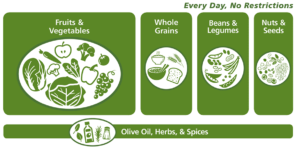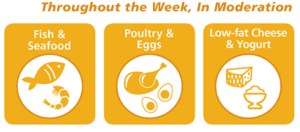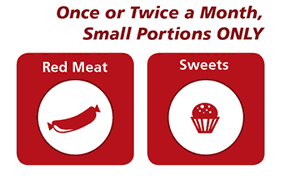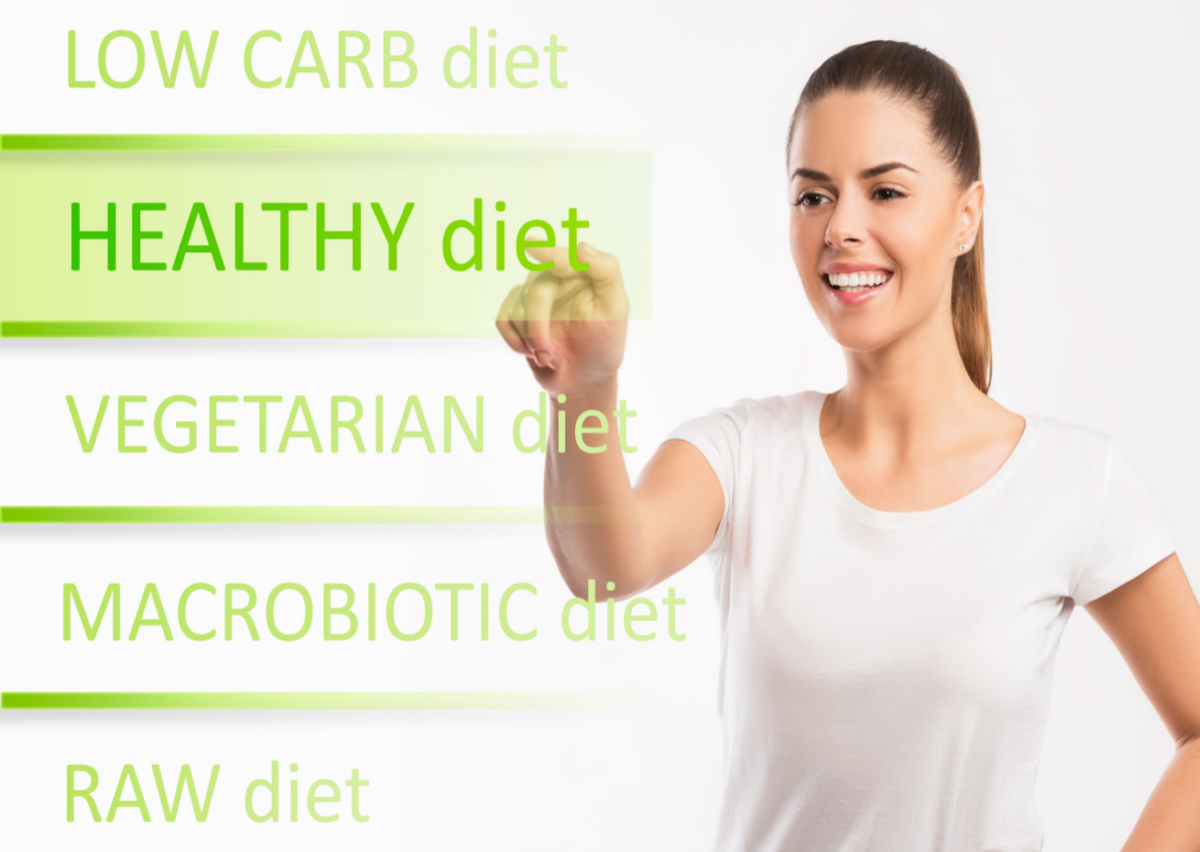Cancer Prevention Diet
What is the easiest Cancer prevention diet and why should we be paying attention to our diet when it comes to cancer?
To start, the World Health Organization states that ‘between 30 and 50% of cancers can currently be prevented by avoiding risk factors and implementing existing evidence-based prevention strategies.’ This includes maintaining a healthy body weight, eating a healthy diet, regular physical activity, reducing alcohol and tobacco use and other environmental exposures.
When it comes to diet, a study found that the highest quality diets as assessed by the Healthy Eating Index is associated with not only a 16% decrease in cancer incidence but also a 22% reduction in cardiovascular disease, 18% reduction in type 2 diabetes, and 15% reduction in neurodegenerative diseases. Among cancer survivors, diets of the highest quality resulted in a 12% reduction in all-cause mortality and 10% reduction in cancer mortality.
As you can see here, eating healthy plays a key role in reducing cancer risk, as well as other risk factors like preventing any heart complications, type 2 diabetes and neurodegenerative diseases.
To take that one step further, you may want to focus on a cancer prevention diet.
In this article Dr. Irina Chan, ND, discusses the research around the ideal way of eating when it comes to a cancer prevention diet. What foods to eat and more importantly…why. We will also touch on which ones to avoid, no matter how strong the cravings!
So what is the ideal cancer prevention diet?
There is growing information and research suggesting that a Mediterranean diet can lower cancer risk.
What makes a Mediterranean diet so great when it comes to reducing cancer risk?
For starters, it’s high in antioxidants, which prevents oxidative damage.
Antioxidants fight free radicals in your body. Free radicals can cause harm if their levels become too high, and they’re linked to many illnesses including diabetes, heart disease or cancer among others!
Your own antioxidant defenses keep them under control, but you may want a little help from food like following a Mediterranean diet.
Type 2 diabetes is strongly linked to increased risk of bladder, breast, colorectum, endometrium, kidney, liver, and pancreatic cancer. A Mediterranean diet is high in fiber which helps to maintain a healthy blood sugar balance, thereby preventing the development of type 2 diabetes.
But wait, there’s more!
The high fiber content associated with the Mediterranean diet also helps support a healthy gut microbiome and a healthy immune system, which is our bodies natural defense mechanism against cancer.
So how effective is the Mediterranean diet when it comes to lowering cancer risk?
To answer this question, a systematic review looked at over 117 studies with over 3 million participants. This is quite a large sample size and something we want to look at.
The authors of this study concluded that those who had the highest adherence to a Mediterranean diet had a 13% decreased risk of cancer death, 6% decreased risk of breast cancer, 17% decreased risk of colorectal cancer, 44% decreased risk of head and neck cancers, 16% decreased risk of lung cancer, 13% decreased risk of bladder cancer, 30 % decreased risk of stomach cancer, and 36% reduced risk of liver cancer.
Those are some pretty amazing reductions you can achieve by changing the way that you eat. One of the great things about eating a Mediterranean diet is that it’s easy to prepare, tastes great, and will keep you satisfied long after you’ve eaten.
So what consists of the Mediterranean diet?
You can find on the internet a lot of different resources on the Mediterranean diet including what you should be eating and how many servings you should be having of each food item. But I really like the diagram below (from Intermountain Healthcare) because it shows an easier and more flexible way of adopting a Mediterranean diet.



The Mediterranean diet includes ample amounts of fruits and vegetables along with whole grains, beans, legumes, nuts, and seeds every day. In addition, you can enjoy approximately two to three servings of fish and seafood, poultry and eggs, as well as cheese and yogurt on a weekly basis. Foods to limit include red meat (no more than 1 steak a week), processed meats, alcohol, added sugar, high salt intake (less than 1 tsp a day), and processed foods.
Why limit such foods?
Studies looking at the incidence of cancer in those who consumed the highest amount of red meat vs those who consumed the lowest amounts had a 9% increased risk of breast cancer, 10% increased risk of colorectal cancer, 26% increased risk of lung cancer, and 22% increased risk of liver cancer.
Similarly, studies looking at the incidence of cancer in those who consumed the highest amount of processed meat vs those who consumed the lowest amounts had a 6% increased risk of breast cancer, 18% increased risk of colorectal cancer, 12% increased risk of lung cancer, and 24% increased risk of stomach cancer.
Sugar-sweetened beverages like soda and juice is associated with a 12% increased risk of cancer. Moreover, consuming excess sweets that are high in refined carbohydrates and added sugars can contribute to the development of type 2 diabetes which has been strongly linked to increased cancer risk.
When it comes to salt intake, higher dietary salt intake is associated with a 25% increased risk of stomach cancer. Not to mention, excess salt intake can increase risk of high blood pressure, heart disease and kidney failure.
What about BBQ and fried foods?
It’s not just what we put into our bodies that matters; it’s also how we prepare it. There are many healthy ways to prepare your meals including lightly sautéing, boiling, and steaming. However, one should limit consumption of fried, smoking, charred, BBQ and grilled meats.
Polycyclic aromatic hydrocarbons (PAH) are formed when protein such as fish or meat is smoked or cooked at high temperatures. This includes grilling, BBQ, charring, roasting or frying. Any method of cooking that can char or burn food will produce PAHs. The smoked and burnt bits of meat are laden with PAHs that have been found to be highly toxic and carcinogenic to humans. Cumulative exposure to PAHs has been associated with elevated risk of breast, lung and bladder cancer. Other sources of PAH include cigarette smoke, car exhaust fumes, and smoke from wood or coal burning,
If you wish to enjoy BBQ ribs or grilled steak and want to limit PAH exposure and cancer risk, consider choosing leaner cuts of meat to reduce fat dripping and burning, cooking at lower temperatures for a longer duration of time, and removing the blacken portions from the meat.
How you eat is as important as what you eat. Up until the last few years we were advised by experts to eat a certain way, which as we dive into the data, is clearly not the healthiest way.
How do I get started?
When it comes to how to eat a cancer prevention diet, you can slowly incorporate tasty, plant-based and minimally processed whole foods as part of your daily diet.
The harder part will be removing refined sugars and processed foods from your life. In practice, I don’t usually advise anyone to completely eliminate such foods from your diet. Going cold turkey is not the best way to lead a healthy and sustainable diet. Restrictive diets can result in insufficient caloric consumption, dehydration, nutrient deficiencies, and can lead to an unhealthy relationship with food.
We all have cravings. We can celebrate with cake and champagne. We can have pizza nights.
The most important part of maintaining a healthy diet is to develop mindful eating habits, such as listening to hunger cues, not overeating, and noticing how food affects our mood and overall health. When we are more aware of what foods we are putting in our bodies and how they make us feel, it influences healthier food choices.
Remember, every small step towards a healthier you is worth celebrating!
If you have any questions about your health, cancer prevention, or integrative cancer care, you can always book a free consultation with Dr. Irina Chan, ND by clicking here.
References:
https://pubmed.ncbi.nlm.nih.gov/28954418/
https://pubmed.ncbi.nlm.nih.gov/32770356/
https://www.who.int/news-room/fact-sheets/detail/cancer
https://pubmed.ncbi.nlm.nih.gov/30541747/
https://pubmed.ncbi.nlm.nih.gov/8959405/
https://intermountainhealthcare.org/ckr-ext/Dcmnt?ncid=527023066

